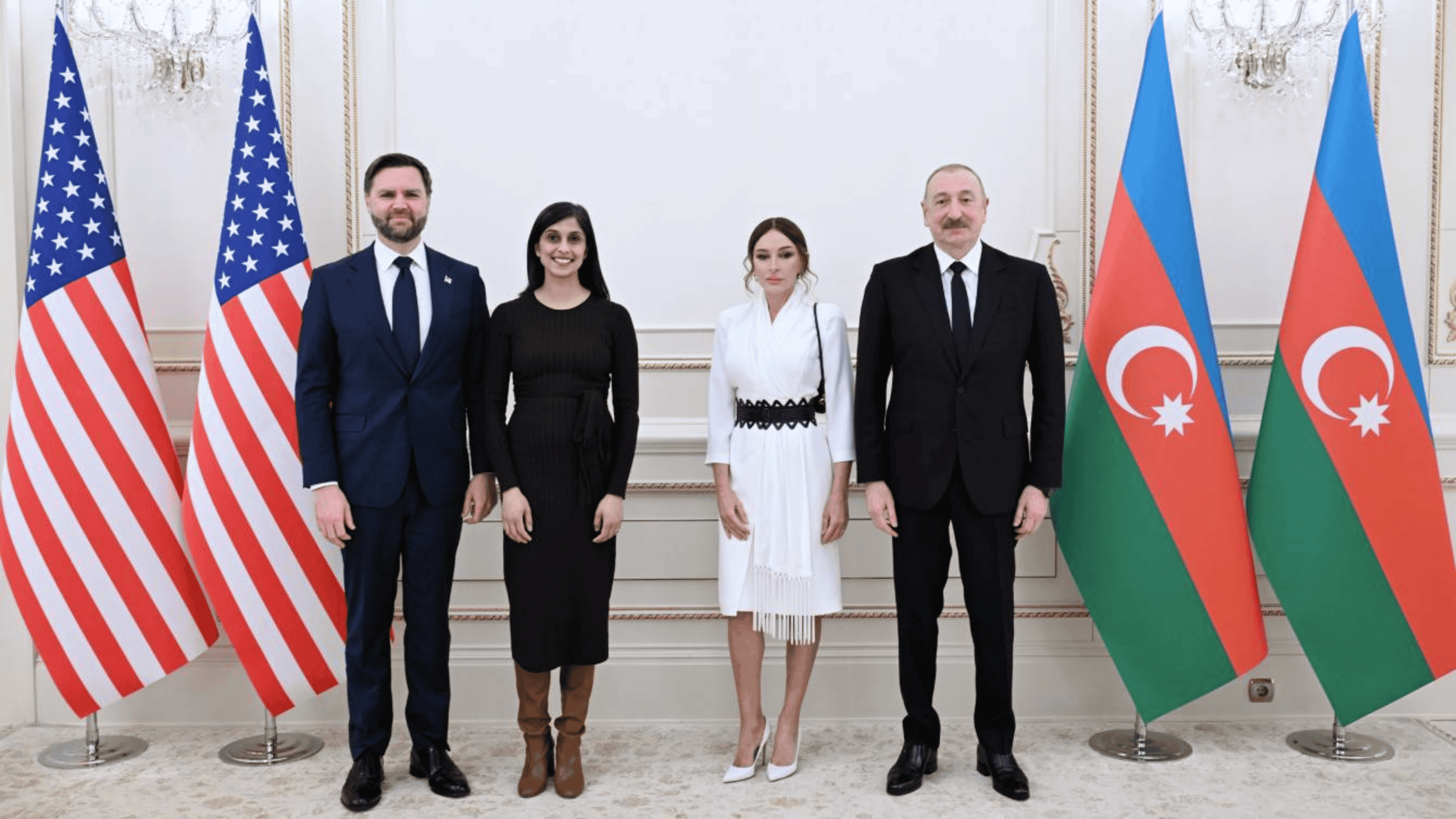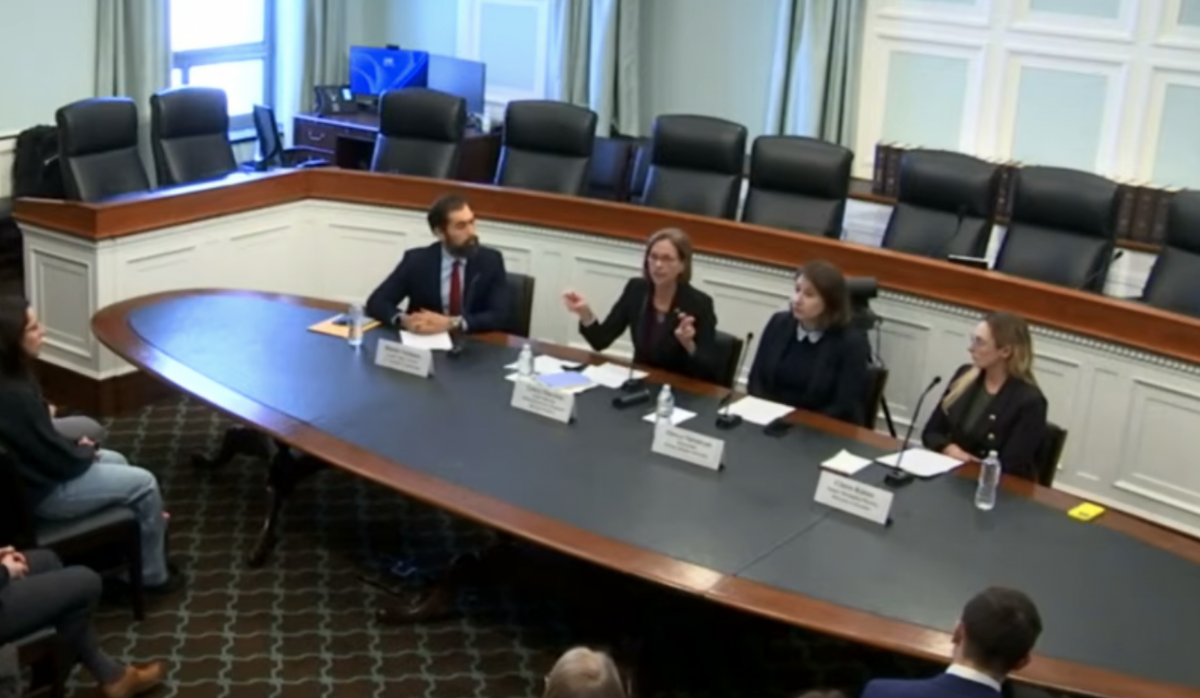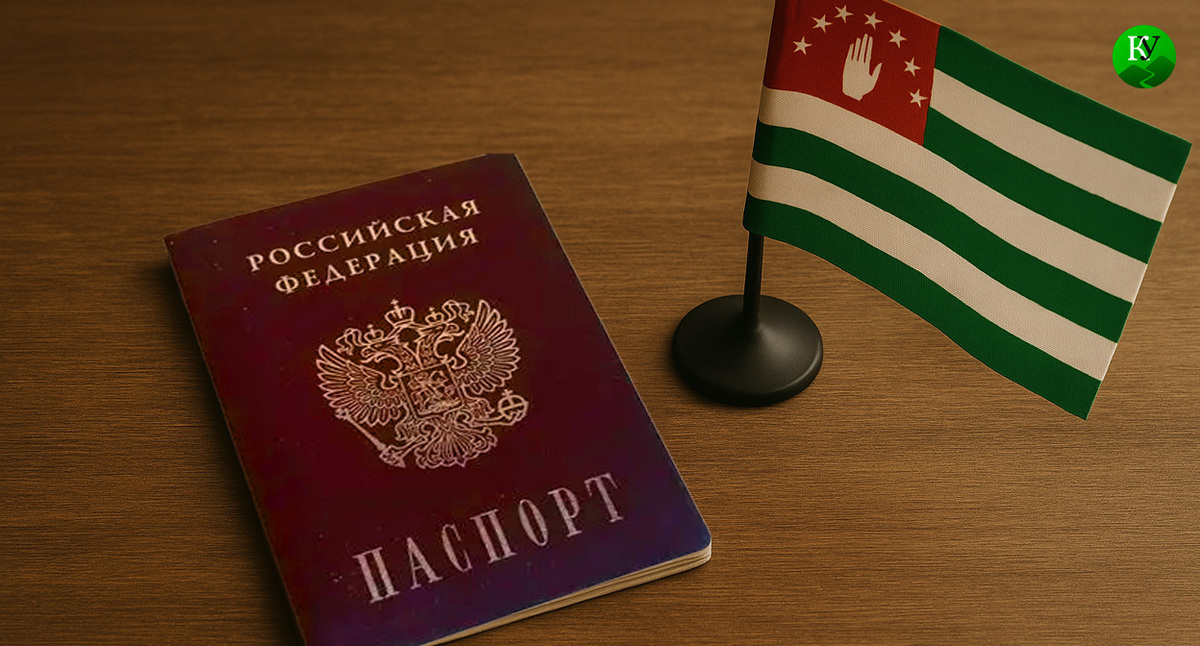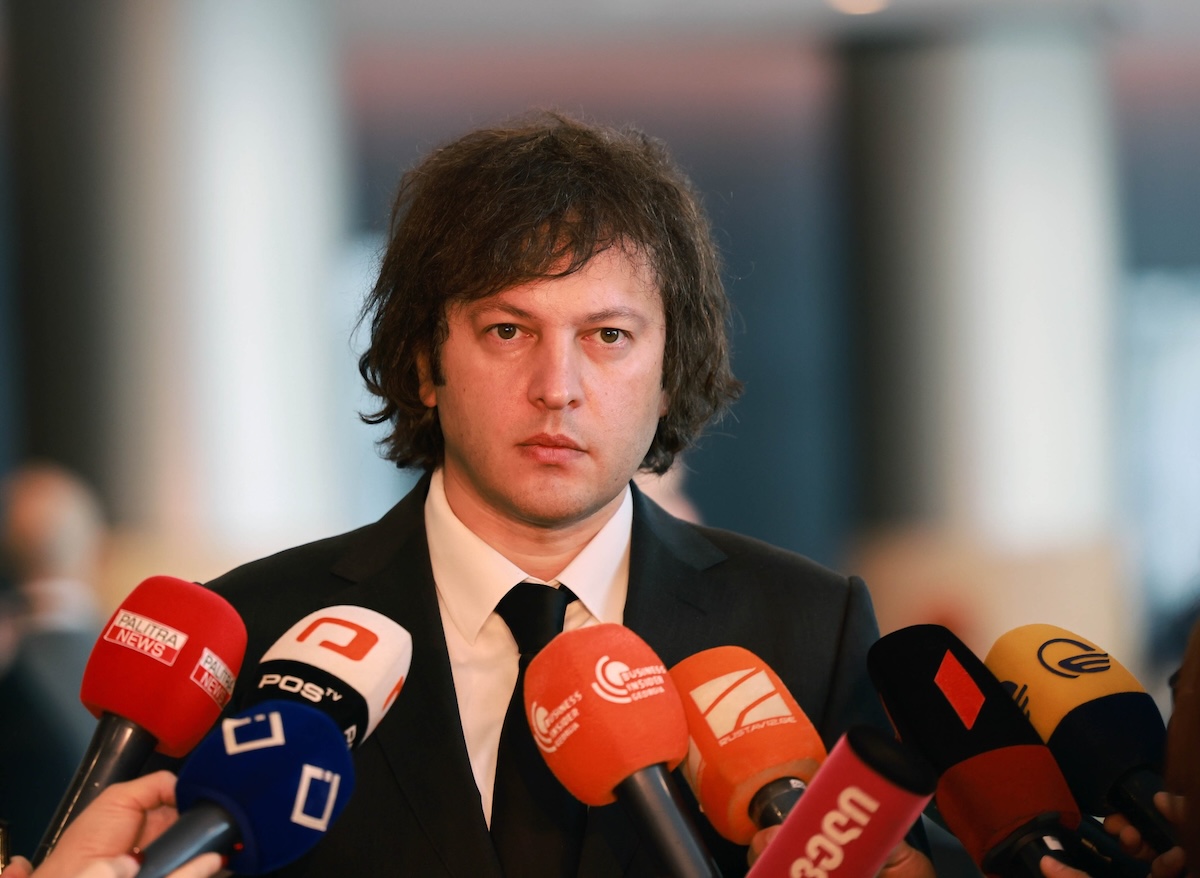Abkhaz opposition leader calls for dialogue w. Georgia – how has Tbilisi responded?
Abkhaz opposition leader and candidate in the de facto presidential elections Aslan Bzhania recently gave an interview to a Georgian media outlet in which he called for direct negotiations with Tbilisi, giving rise to a flurry of public discussion in Georgia.
Another experienced Abkhaz politician Sergei Shamba also recently came out for the “normalization of relations with the Georgian side.”
How are these statements being read in Tbilisi? Do political and expert circles support the idea of maintaining direct dialogue with Sukhumi?
What the Abkhaz politicians said
Opposition leader in Abkhazia Aslan Bzhania told IPN news agency that dialogue between Tbilisi and Sukhumi is possible, and that relations between them should start with confidence-building and economic cooperation.
“There must be dialogue. In what form, in what format, in what form, this does not matter.
“No matter how many parties are involved in this dialogue, I have my own opinion on this subject, and I am ready to share it with any audience – if at all my opinion will have any significance,” he said.
Bzhania believes that ultimately, “good neighborly, fair and good relations should be established between the two states”, and that trust should be restored first of all.
According to Bzhania, economic relations between the parties exist today, and says he supports cooperation between private Georgian and Abkhaz companies.
Another Abkhaz opposition leader, the former de facto prime minister and foreign minister Sergei Shamba, in an interview with Mtavari Arkhi television channel, said he is opposed to the current confrontation between Tbilisi and Sukhumi. According to Shamba, Tbilisi and Sukhumi should start one-on-one negotiations.
“We have to sit down and start talking. There are different format for this,” he said.
Sergei Shamba is an Abkhaz politician who often speaks of the need for a direct dialogue with the Georgian side.
•After the war in August 2008, when Russia recognized the independence of Abkhazia and South Ossetia, Tbilisi refused to engage in direct dialogue with the Abkhaz and Ossetian parties, since it considers them territories to be occupied by Russia and that the only party to the conflict that may be responsible to the international community is Russia.
•After the war in August 2008, the format of the Geneva discussions was created. This is the only format through which Russia and Georgia negotiate on the conflict regions with the participation of international mediators. In addition to Georgia and Russia, representatives of the United States and co-chairs from the OSCE, the European Union and the United Nations participate in the Geneva talks. Representatives of Tskhinvali and Sukhumi also take part in the discussions.
Reactions in Tbilisi
The statements by Abkhaz opposition leader Aslan Bzhania who may emerge the victor in the March 22 elections were received with interest in Tbilisi.
Georgian Prime Minister George Gakharia did not specify whether he supports direct dialogue with Sukhumi.
“The situation of Georgian citizens on both sides of the occupation line is critical for us, and, of course, there is no other way but to negotiate,” Gakharia said.
One of the first to respond to Bzhania’s statements was Alexander Khojanovishvili, deputy head of the Georgian Security Service. He virtually ruled out the possibility of a direct dialogue with Sukhumi, noting that the initiatives of Sukhumi should not be discussed one on one, but at the negotiations in Geneva with the participation of international mediators.
“We have the Geneva format in which we talk about all the problems and, of course, if his initiatives are presented in a similar format, we will discuss all these issues even more intensively,” said Khojanovishvili.
New opposition movement Lelo believes otehrwise. The organization’s special statement said that “direct Georgian-Abkhaz dialogue is the right and almost the only way to restore confidence between the parties.”
Lelo notes that in Tbilisi “they have not heard such signals for a long time” about the readiness of the Abkhaz side for dialogue and therefore these statements deserve attention.
Political scientist Tornike Sharashenidze called Bzhania’s statement encouraging:
“He says he is ready for dialogue in any format. From our side there is no point in breaking down and setting conditions. Time passes, and it works both against us and against them. They (the Abkhaz) are harmed from this because they are on the path of absolute self-isolation, but it is in our interests to launch this process (of negotiations)”, said Sharashenidze.
According to him, this process depends on Tbilisi.
“I am afraid of hysteria in a certain part of our society that will follow this statement. If we be scared of a [direct] format, another 28 years will pass. We still remember Abkhazia, the next generation will not remember it at all … And we cannot leave this [problem] for the next generation. It will have neither the will nor the means to do this,” said Sharashenidze.
Conflict expert Paata Zakareishvili told JAMnews that he sees nothing special in the statements of Abkhaz politicians and that they have repeatedly spoken about the need for dialogue with Tbilisi:
“These were proactive statements, and not the initiative of Georgian journalists who call and ask questions, and to whom they answer. Georgians rejoiced – they say the Abkhaz will return to us. This is not so … I do not think that the Georgian authorities will seize this opportunity … To tell them: ‘let’s talk in Geneva’, this is already the wrong answer.
If we want to restore any relations with the Abkhaz, we should not give arrogant answers and show that we do not consider the Abkhaz an side equal … Direct negotiations between Georgia, Abkhazia and South Ossetia are unacceptable because Russia insists on this. But why are we interested in what Russia says? Sometimes Russia says what it does not want — the beginning of a direct dialogue is not in Russia’s interests, the real desire of Russia is to isolate Abkhazia. And we help [Russia] in [caring about what it wants]”, said Zakareishvili.



















